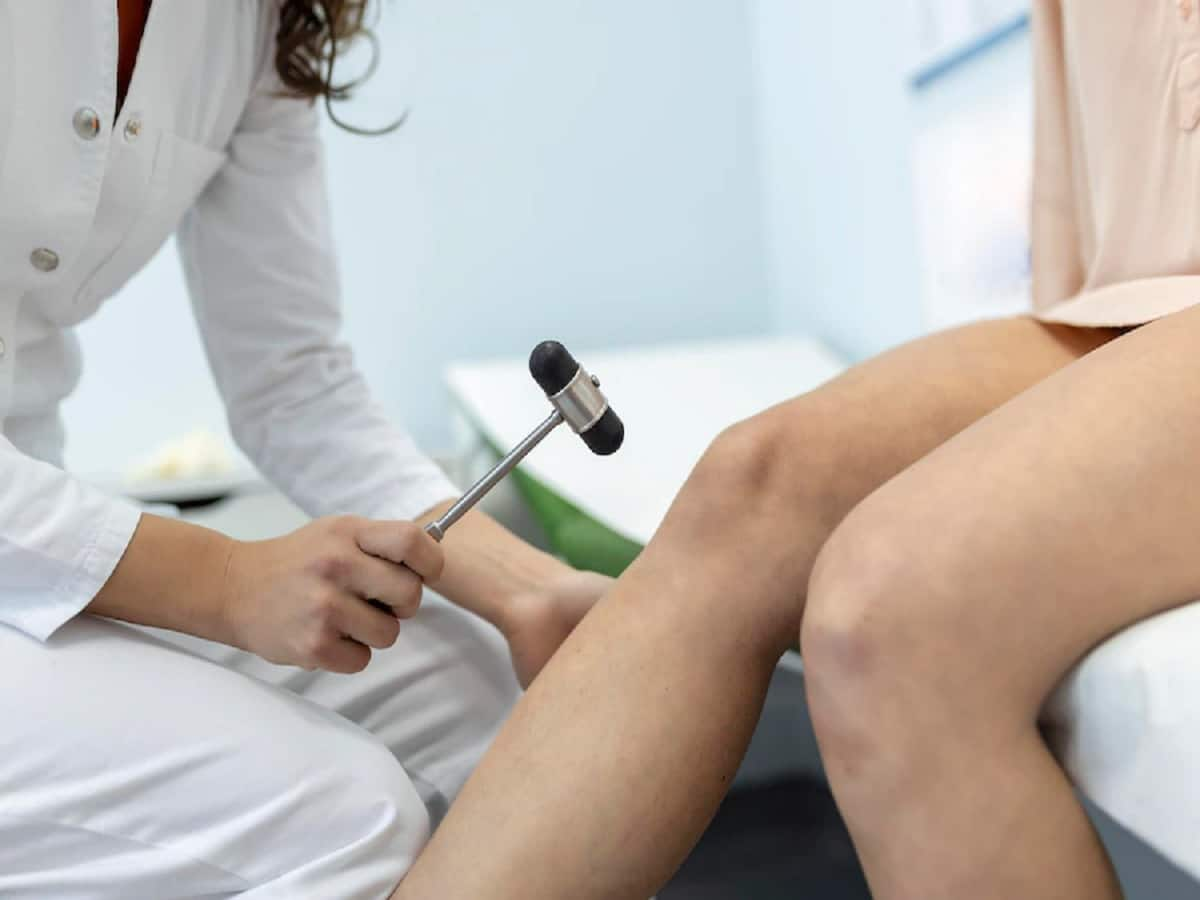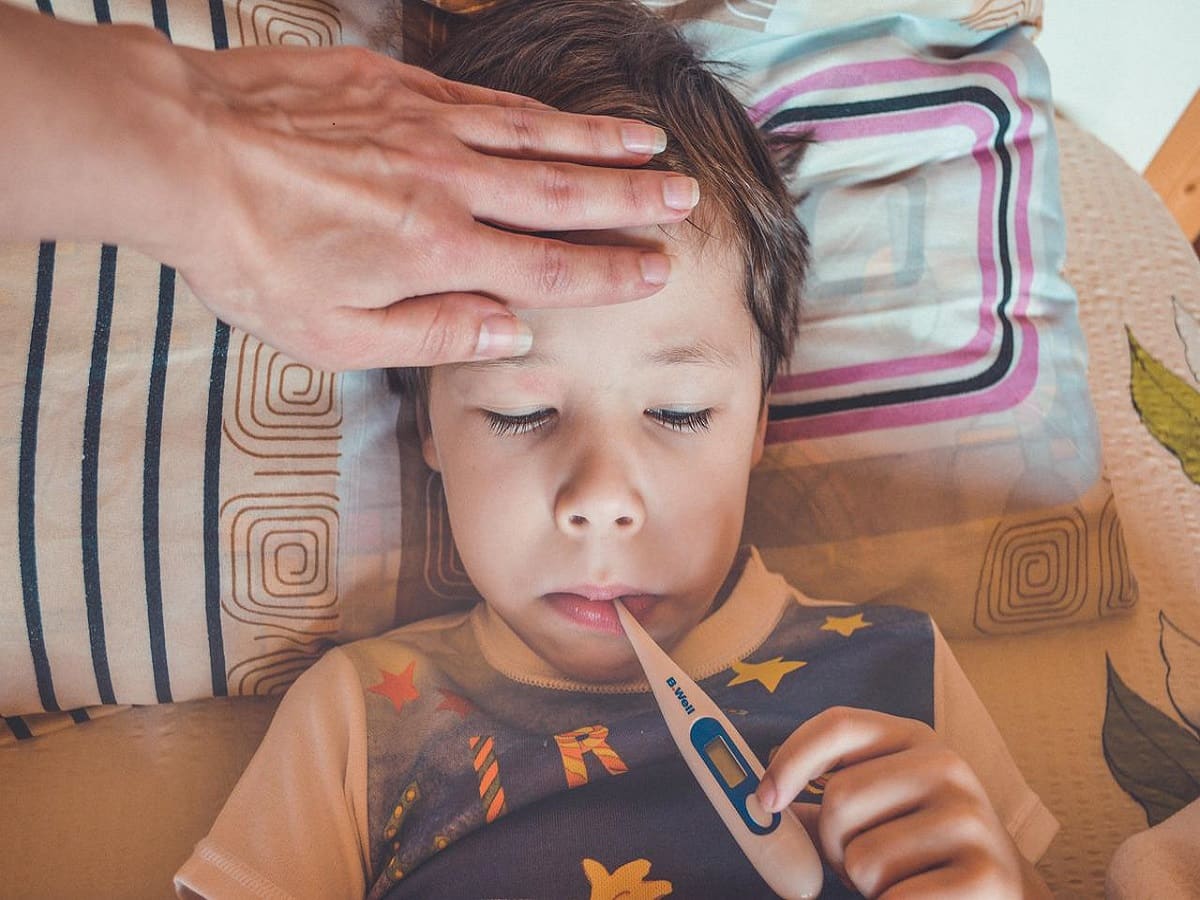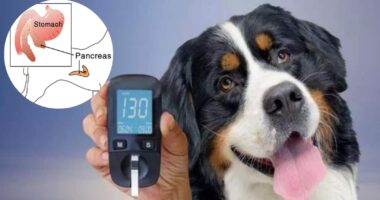How to avoid COVID-19 is key at this moment of the virus spread.
To stay untouched or undefeatable in the midst of this new coronavirus pandemic that hit the world with its first footprint in Wuhan China, you need to take safe prevention steps.
But is the use of face mask, garlic, alcohol, and antibiotics among the safe prevention steps you can take to avoid COVID-19? Continue reading to get all the details
Facemask
Depending on the type, the use of a face mask may help avoid coronavirus (COVID-19) infections. The regular surgical face mask can not protect against SAR-CoV-2. The type of face mask that may help to protect against the deadly COVID-19 is the more specialized mask known as an N95 respirator. This particular mask is thicker than a surgical mask but has not been officially approved or recommended by the CDC and WHO for such purpose. For now, the Centers for Disease Prevention and Control (CDC) and World Health Organization (WHO) only recommend face mask for health workers and those caring for the sick (COVID-19 patients).
Garlic
In many countries around the world, garlic is not only used as a medicine but also as a natural spice. It is believed to have antibacterial properties that help fight bacterial infections and also boost the immune system. Coronavirus is nothing related to bacterial infection as it is not caused by bacteria rather by viruses. Hence eating garlic can not help prevent or avoid COVID-19
Moreover, the World health organization cleared this misinformation by saying ” Garlic is a healthy food that may have some anti-microbial properties. However, there is no evidence from the current outbreak that eating garlic has protected people from the new coronavirus”.
Alcohol
The effects of alcohol as against coronavirus infections play out mainly when it’s being added to other ingredients to produce hand sanitizer or hand gel. While the use of hand sanitizers may be a good step to avoid and curb the spread of COVID-19, washing your hands with soap under running water is the better and best option to take.
Contrary to the effectiveness (to an extent) of using over 60% alcohol-based sanitizer to prevent viruses, drinking alcohol for the same purpose is ineffective.
According to the World Health Organisation (WHO), “alcohol drinking can neither protect a person from coronavirus nor can it kill the deadly virus”.
So don’t waste your time drinking and soaking yourself in alcohol because it won’t work.
Antibiotics
When it comes to preventing coronavirus, the use of antibiotics is not a safe step. Antibiotics were designed to treat and cure bacterial infections, not viruses. The coronavirus disease 2019 (COVID-19) is caused by a particular virus that is believed to live in animals. Hence using antibiotics will not help avoid COVID-19.
What are the safety steps that can help you avoid COVID 19?
Wash your hands properly
Wash your hands with soap under running water for at least 30seconds (This is just about the time it takes to sing a happy birthday song) or use hand sanitizer if soap and water are unavailable.
Sanitize surfaces
It is important you clean and sanitizes commonly used or frequently touched items such as door and tap handles, tables, chairs, mobile phones, toilets, keyboards desks, etc. To disinfect surfaces, you can use detergent soap and water or alcohol solutions (70% content).
Maintain physical and social distancing
To avoid the COVID-19 spread, create a distance of about 1 meter or 3 feet away from anyone coughing or sneezing. This is for both public and private places. Taking such a measure will help prevent the respiratory droplets which may contain viruses from landing on you.
ALSO READ:| What is social distancing and how to talk to elderly parents about it
Practice good respiratory hygiene
Maintaining good respiratory hygiene can go a long way to control the spread of the new virus. Inculcate the habit of coughing or sneezing into a tissue paper, not a handkerchief. Dispose of the tissue paper into a coverable waste bin immediately and wash your hands afterward. If tissue is not at a close reach, cover your mouth and nose with your bent elbow when coughing or sneezing. This practice is for everyone including the sick and healthy.
What should you not do amidst COVID-19 spread?
- Do not panic.
- Do not touch your face, nose or mouth with unwashed hands.
- Do not stockpile on masks.
- Do not travel unless necessary.
- Do not go to crowded places.
- Do not take antibiotics.
- Do not have contact with anyone who has coronavirus symptoms.
- Do not share towels or a bed with the sick.
- Do not visit other people’s homes.
- Do not refuse packages from china
- Do not leave hard objects or surfaces unsanitized
- Do not go out if you are unwell
- Do not go to the doctor unless on appointment
5 Popular coronavirus myths you should know
1. Pets such as cats and dogs spread coronavirus
Right now, there is no enough conclusive research that SARS-CoV-2 or COVID-19 can infect dogs and cats let alone spreading it. If it was possible, infected people’s dogs and cats would have tested positive of COVID-19. However, while this whole pet to human transmission is not clear, scientists are actively studying to understand it’s possiblity.
2. Letters or packages from china come with coronavirus
This claim is not true. So far analysis shows that coronaviruses do not survive for long on shipped objects. According to WHO, It is safe to receive packages from China.
3. Dettol can kill coronavirus disease
If this was true, the novel Coronavirus wouldn’t have survived to this day. The fact is Dettol does not kill Coronavirus disease 2019 but can get rid of some strains.
4. Taking a hot bath prevents coronavirus
Hot baths may help kill germs but not the Covid-19 virus. While taking a bath may help to improve many health conditions certainly not Coronavirus. To stay protected practice the prevention steps earlier mentioned.
5. COVID-19 kills everyone who catches the virus
COVID-19 does not kill everyone who gets infected by the virus. Many people recover while some die. Recovery depends on the strength of your immune system. CDC report shows that about 80.9% of COVID-19 cases were mild and those that died were already in poor health with weak immune systems.
The WHO in agreement with this claim said about 80% of the infected will have mild symptoms of the disease which most likely will not require hospital treatment.
In essence, COVID-19 can kill especially if the victim is sick of acute respiratory diseases, heart and lung diseases, diabetes, high blood pressure(HBP) or other underlining health conditions.
READ MORE:| 10 Myths About Coronavirus You Must Ignore If You Do Not Want To Die
Symptoms of COVID-19
Mild or minor symptoms that may as well be visible include:
- cough
- fever of 100.4 or higher
- fatigue or tiredness
- shortness of breath
- sore throat
- body aches
- sneezing
Severe or serious coronavirus symptoms include…
- pneumonia
- diarrhea
- severe acute respiratory syndrome,
- kidney failure
- loss of smell
- loss of taste
- digestive problems
- and loss of life
Emergency warning signs of COVID-19
Whenever you experience the symptoms listed below just seek medical help immediately. You can do this by speaking to a doctor via phone call and booking an appointment.
- Trouble breathing
- Persistent pain or pressure in the chest
- New confusion or inability to arouse
- Bluish lips or face
The incubation period of COVID 19 is 2-14days. So to protect others including your family self isolate yourself for the period of 14days if you think you have been exposed to the virus. Also, stay safe by maintaining physical and social distancing from infected or infection-free people.
ALSO READ: 5G network causes COVID-19: Is coronavirus pandemic a negative effect of 5G signals?
Sources:| CDC and WHO









